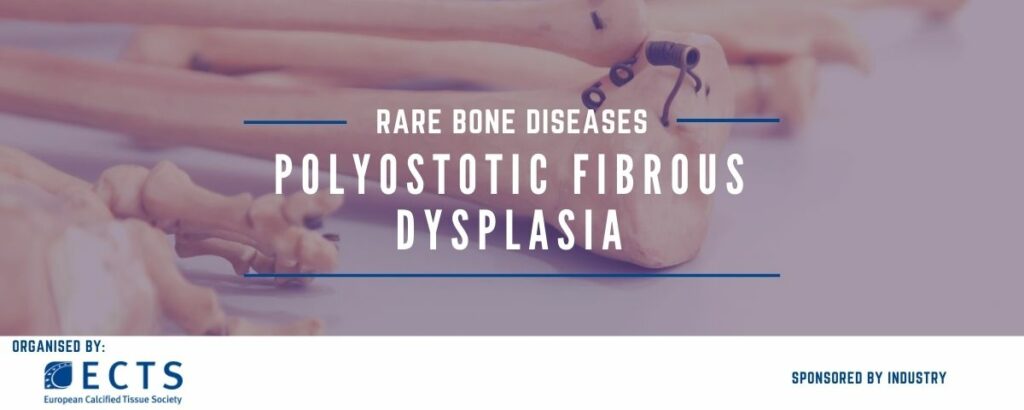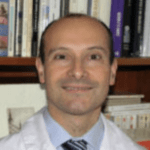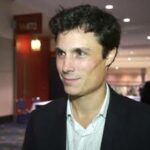
Live Webinar: 12 January 2022, 4-5 pm CET
Organiser: European Calcified Tissue Society
Sponsored by Industry
Featuring Prof Roland Chapurlat, moderated by Heide Siggelkow & Thomas Funck-Brentano
Costs: Live & On-demand webinar is free for ECTS members and non-members, but a registration is required.
Format:
- 5 min introduction
- 25 min meet-the-expert presentation
- 30 min Q&A and Case Discussion
Learning Objectives:
- Understanding what is FD/MAS
- How to make the diagnosis of FD/MAS
- How to manage patients with FD/MAS
Accreditation:
The ECTS Rare Bone Diseases Webinar – Polyostotic Fibrous Dysplasia, Brussels, Belgium, 12/01/2022-12/01/2022 has been accredited by the European Accreditation Council for Continuing Medical Education (EACCME®) with 1 European CME credits (ECMEC®s).
Each medical specialist should claim only those credits that he/she actually spent in the educational activity, live or on-demand. To obtain your Certificate, you will be required to fill in a short feedback evaluation form.
Chairs & Speaker
Featuring Prof. Dr. Roland Chapurlat
Dr Roland Chapurlat has been a Professor of Rheumatology at the University Claude Bernard-Lyon 1 since 2005. He is the Chief of the Division of Rheumatology and Bone Diseases at Edouard Herriot Hospital In Lyon France and the head of the Department of medicine in this same hospital. Dr Chapurlat is also leading the team “Bone and chronic diseases” at INSERM UMR 1033 and a reference center for rare bone diseases in Lyon, France. His main research interests are osteoporosis, osteoarthritis and rare bone diseases such as fibrous dysplasia of bone and osteogenesis imperfecta. He has published more than 250 articles in peer-reviewed journals.


Dr Thomas Funck-Brentano, Chair

Dr Heide Siggelkow, Chair
Abstract
Breast cancer cells frequently disseminate to the bone marrow, where they may either enter a dormant state or colonize the bone and induce osteolysis. The mechanisms that regulate tumor cell entry and exit from dormancy in the bone are not well understood, but several factors have been identified. Previous work from our group found that leukemia inhibitory factor receptor (LIFR) promotes tumor dormancy when expressed on bone-disseminated tumor cells and that loss of LIFR enables otherwise dormant tumor cells to colonize the bone. Our lab has therefore examined how LIFR expression is regulated in breast cancer cells, with the hope that understanding its regulation might provide novel avenues to therapeutically target dormant disseminated tumor cells. Through these efforts we have found that LIFR is epigenetically regulated, and that histone deacetylase (HDAC) inhibitors, which are FDA-approved for several blood cancers, stimulate LIFR expression on breast cancer cells from all subtypes. This finding presents an interesting therapeutic opportunity to explore whether HDAC inhibitors may be used to promote a chronic state of tumor dormancy and prevent recurrence in bone. Our findings suggest that this may be feasible, but that the effects of histone deacetylase inhibitors on bone remodeling profoundly impact tumor colonization and must be combined with appropriate anti-resorptive therapies.